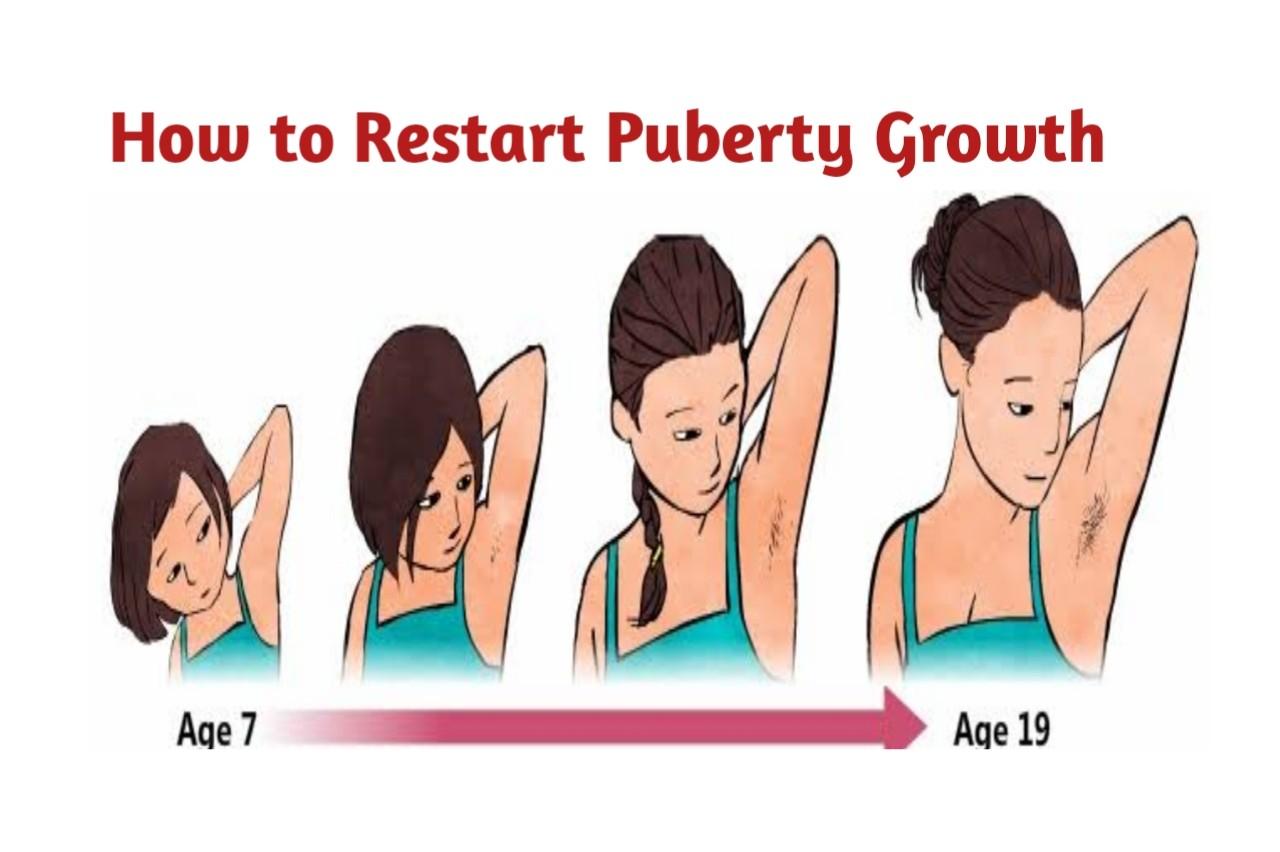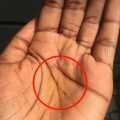What is puberty?
Puberty refers to the time when you physically become an adult. During puberty, your body goes through lots of changes. And your emotions might feel stronger and more intense. People usually start going through puberty between ages 8 and 14. Females often start puberty before males do.
Puberty doesn’t happen all at once — it comes in stages and takes many years. You might have some signs of puberty at an early age, while other changes show up years later. Bodies are unique, so puberty is different for each person. Everyone goes through puberty at their own pace.
Puberty is a normal part of life. But it’s still common to feel anxious, excited, and confused about it. Knowing what to expect can make puberty changes seem less weird or stressful. And talking to your parents or other adults you trust also helps. After all, they’ve gone through puberty too. So they probably understand how you feel, and have good advice.
What happens to the body during puberty?
There’s no way around it — your body’s gonna change a lot during puberty. Here’s what to expect.
All bodies:
- You may get acne (AKA zits or pimples) on your face and body. If pimples are stressing you out or causing problems in your life, talk to a doctor.
- You start to sweat more, and you may have body odor (when your sweat smells bad). You may want to shower more and start using deodorant.
- Hair grows under your armpits.
- Hair grows around your genitals — this is called pubic hair.
- You may grow more hair on your arms and legs, and the hair may get darker.
- You may feel some pain in your arms and legs as you grow (AKA “growing pains”)
Males:
- Your voice gets lower or deeper. It may crack sometimes while it’s changing, but that’s totally normal and eventually goes away. Your Adam’s apple (bump in your throat) might get bigger and more visible as this happens.
- Your penis and testicles get bigger.
- Hair may grow on your face, chest, and back.
- Your chest and shoulders get broader.
- You may have swelling around your nipples during puberty. This can look like the start of breasts, but it usually goes away. This happens to about half of males, and it can last for a few months or up to a few years.
Females:
- Your breasts develop and get bigger.
- Your hips get wider and your body may become more curvy.
- You start getting your period.
- Your labia may change color and grow bigger.
Puberty and Growth
During puberty, height increase averages out to be about 6 centimeters (2.4 inches) per year throughout childhood. Then there is a period of slow growth right before puberty. Once puberty starts, there is a sharp increase in growth of about 8 centimeters/year.
Peak growth for girls is typically 6-12 months before the onset of their menstrual cycle (menarche) and then significantly slows down after that. Girls can expect to grow an average of about 2-3 inches after menarche. Boys tend to have their growth spurt about two years later than girls. Peak growth for boys is right before spermarche (sperm in seminal fluid) and is about 9 centimeters/year. Growth spurts for boys tend to last longer than for girls.
What Can Slow Growth?
Some teens develop a lot earlier than their friends (called precocious puberty). Others can develop much later than other people of the same age. This is called delayed puberty.
Kids and teens may not grow as fast as their peers for many reasons. If you’re short, you may just have familial (genetic) short stature. In other words, short parents tend to have short children. If a doctor finds you’re growing steadily and sexually maturing at the right age, then you can probably expect to grow to a normal size, although you may be somewhat shorter than average.
Teens who have constitutional growth delay grow at a normal rate when they’re younger, but they lag behind and don’t start their pubertal development and their growth spurt until after most of their peers. People who have constitutional growth delay are often referred to as “late bloomers.”
How To Restart Puberty Growth
Although the puberty experience is unique to each individual, the pattern and order of puberty is pretty consistent and predictable. Some teens may go through puberty a bit slower than others, which can often be a hereditary pattern and we call this constitutional delay. However, if the pattern varies, for example missing a growth spurt or lack of menstrual cycle by age 16, then parents should have their teens evaluated by their pediatrician.
Nutrition is a very important factor in puberty and development. Especially during the growth spurt, teens tend to have greater nutritional needs to support growth in height. Parents may notice that their teens have a greater appetite during this time, which makes consuming and maintaining a balanced diet throughout puberty extremely important.
Studies suggests that weight can affect the progression and onset of puberty, for example, eating a lot of processed and high fat foods may lead to early onset of puberty in girls, which may be why we see that some girls have menarche at young ages compared to others. In contrast, skipping meals throughout the day can negatively impact growth and development or even slow its progression.






